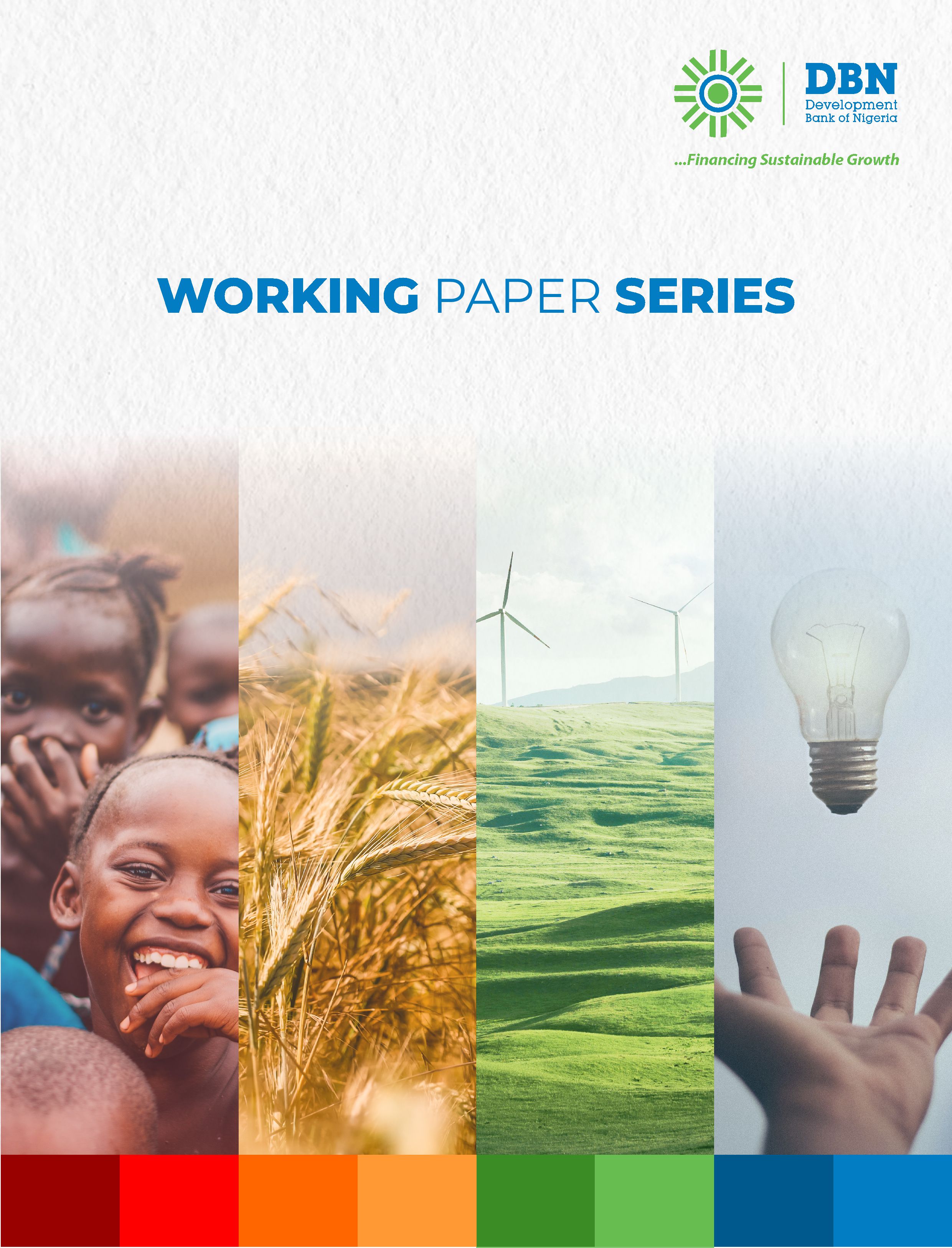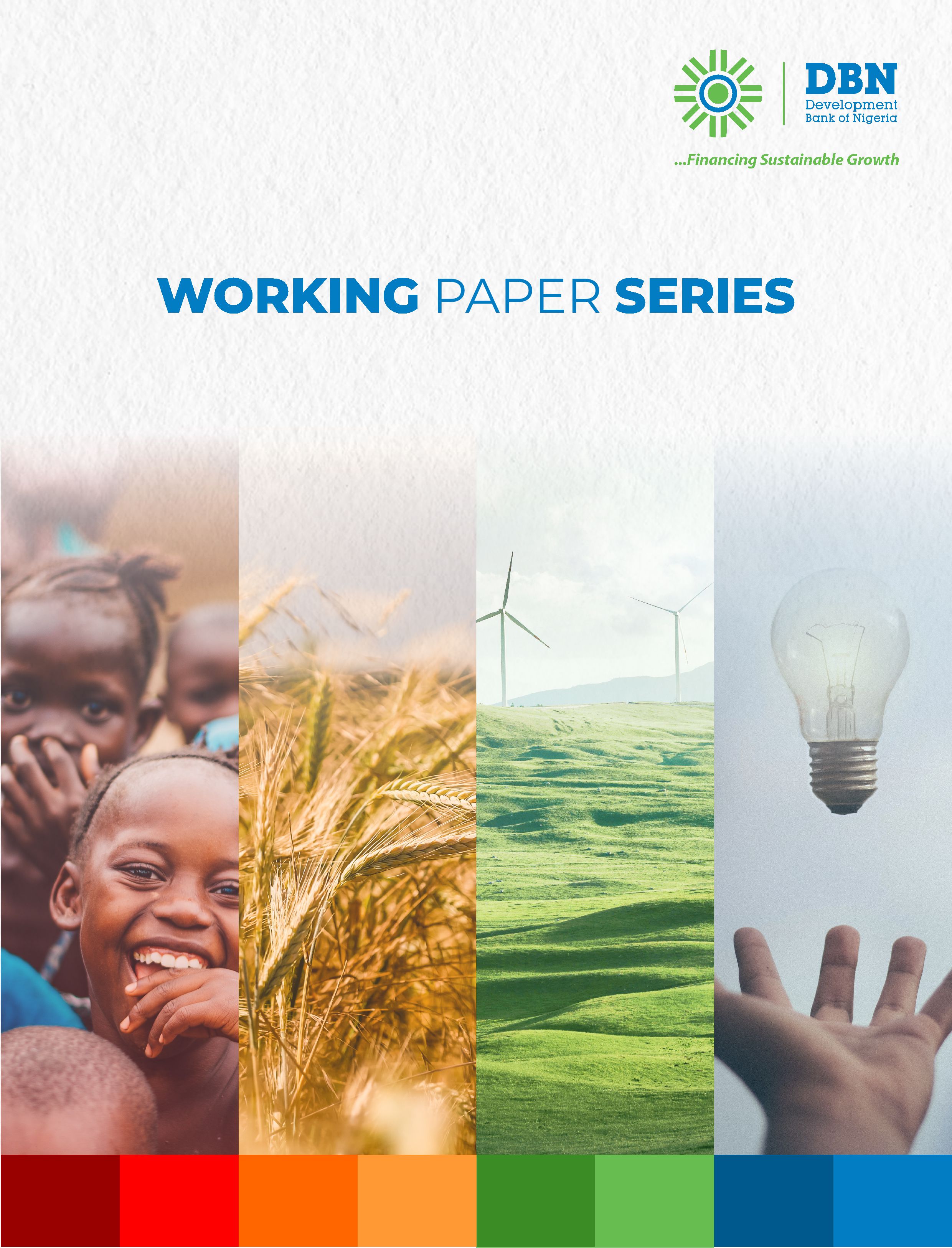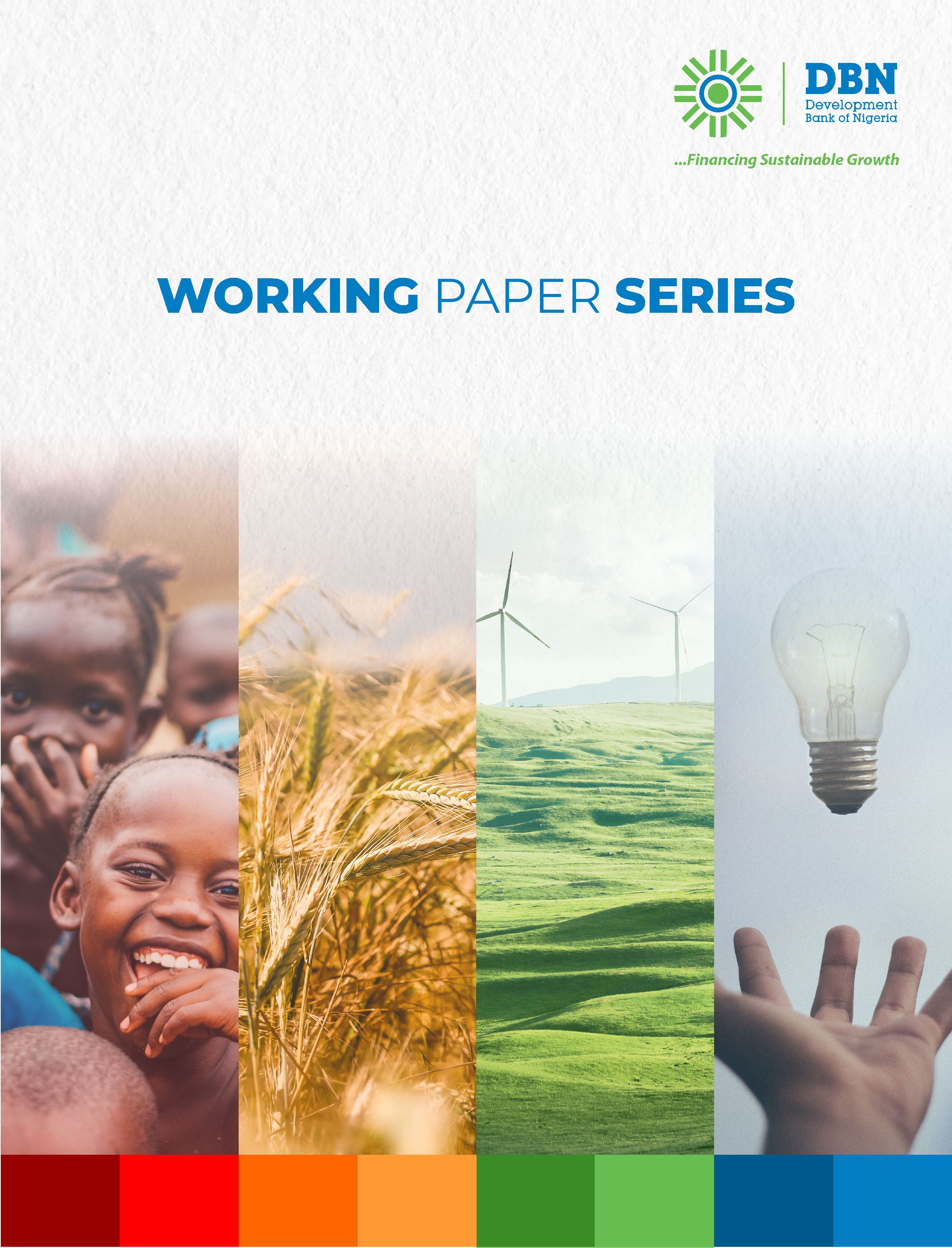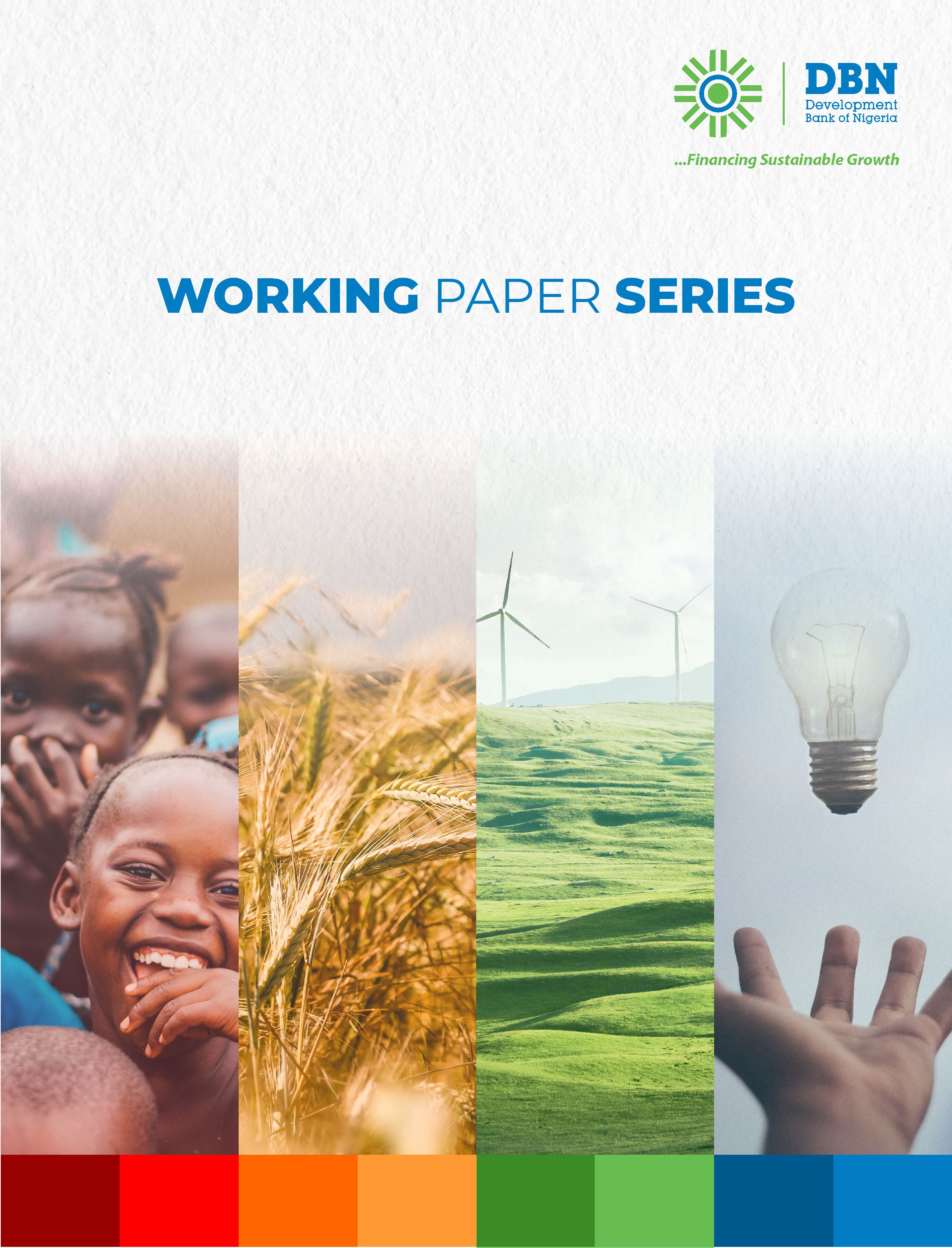
Publication Information
Published by: Admin
Published: 6 months ago
View: 276
Pages: 34
ISBN:
Abstract
The purpose of this study is to assess the incidence of illicit financial flows (IFFs) on terrorism in Africa, contingent on corruption-control. The study utilizes data from 38 African counties spanning from 2002 - 2021. In order to increase room for policy implications, the overall IFFs measure is decomposed into two main sub-components, namely: illicit financial inflows and illicit financial outflows. The empirical evidence is also based on: (i) baseline regressions, (ii) estimations with the lagged independent variables in order to control for the simultaneity dimension of endogeneity, as well as (iii) GMM in order to account for both the simultaneity and unobserved heterogeneity dimensions of endogeneity. The robustness of the empirical analysis is further improved by limiting the sample to the Sahel countries in which most of the terrorism has been documented over the past decades. It is apparent from the findings that corruption-control effectively moderates IFFs, especially illicit financial inflows, in order to engender an overall negative effect on the outcome variable or terrorism. For the most part, the corruption-control policy thresholds are within policy range. Policy implications are discussed.
Juste Some
Simplice A. Asongu Prof
Related Publications

VOLUME 8 ISSUE 2 2025
The Role of Governance in Remittances-Access to Electricity Nexus in sub-Saharan Africa? A Rural-Urban Comparative Analysis

VOLUME 8 ISSUE 2 2025
Access to Finance in the Digital Age: Does Digital Financial Inclusion Promote Financial Development in Emerging Countries?

VOLUME 8 ISSUE 2 2025
Born with a silver spoon but raised as a beggar: Fresh empirical investigations into the resource curse thesis in Africa
